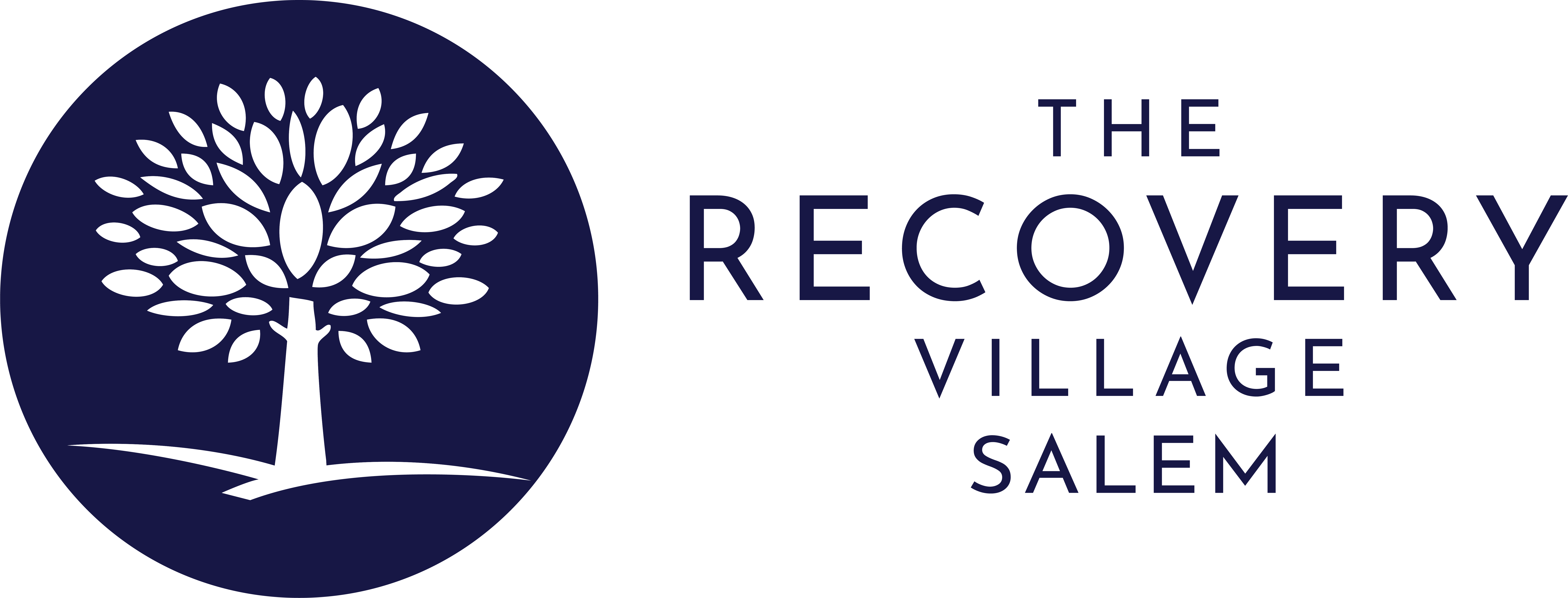In recent years, Portland, Oregon, has grappled with a surge in drug-related issues, leading to increased public concern and media attention. Among the substances making headlines is xylazine, colloquially known as “Tranq.” Often sensationalized as a “flesh-eating” drug, xylazine has become a focal point in discussions about the opioid crisis and public health challenges in the city. This article delves into what xylazine is, its legitimate and illicit uses, origins, the myths surrounding its “flesh-eating” reputation, and its presence in Portland.
What Is Xylazine (Tranq)?
Xylazine is a non-opioid medication primarily used as a veterinary anesthetic. It belongs to the class of drugs known as alpha-2 adrenergic agonists, which function by depressing the central nervous system. In veterinary medicine, xylazine is commonly administered to sedate large animals like horses and cattle, facilitating procedures and reducing stress during handling.
In recent times, xylazine has been illicitly used as an adulterant in street drugs, particularly in combination with opioids such as heroin and fentanyl. This combination aims to enhance or prolong the effects of opioids, making the drug more potent and potentially more addictive.
Legitimate Uses of Xylazine
Xylazine’s primary legitimate use is in veterinary medicine. It is valued for its ability to provide sedation, muscle relaxation, and analgesia in animals undergoing surgery or other medical procedures. Additionally, xylazine is sometimes used to manage chronic pain in animals or to facilitate the handling of animals that are otherwise difficult to manage due to aggression or stress.
Ready to Break Free From Addiction?
If you’re seeking help for yourself or a loved one, our expert team is here to guide you every step of the way. Don’t wait—start your journey to recovery today.
Illicit Use and Origins
The rise of xylazine in the illicit drug market is a troubling development. While originally intended for veterinary use, xylazine has found its way into the streets through illegal distribution channels. Users often unknowingly consume xylazine when it is mixed with heroin or fentanyl, increasing the risks associated with opioid use.
Xylazine is not approved for human consumption, and its unregulated use poses significant health risks. The drug can depress the respiratory system, leading to life-threatening complications, especially when combined with other depressants like opioids or alcohol. Additionally, chronic use of xylazine can result in severe skin ulcers, tissue necrosis, and other dermatological issues, which contribute to its “flesh-eating” reputation.
The “Flesh-Eating” Myth: Fact or Fiction?
The term “flesh-eating” or “zombie” drug is a sensationalized moniker that has emerged in media reports and public discourse surrounding xylazine. This characterization stems from the severe skin and soft tissue damage observed in some users, particularly those who inject the drug.
Xylazine can cause vasoconstriction, reducing blood flow to tissues. Prolonged use or repeated injections can lead to ischemia (insufficient blood supply), resulting in ulcerations, infections, and necrosis (tissue death). These conditions can manifest as open sores, abscesses, and severe skin damage, which may require surgical intervention and, in extreme cases, amputation.
While xylazine does not “eat flesh” in the literal sense, its pharmacological effects can lead to significant tissue damage and complications that give rise to the metaphorical description. It is crucial to understand that these severe health issues result from the drug’s physiological impact rather than any inherent property that “consumes” flesh.
Presence of Xylazine in Portland, OR
Portland has been at the forefront of the opioid epidemic in the United States, and the emergence of xylazine adds another layer of complexity to the city’s public health challenges. Law enforcement and public health officials have reported an increase in xylazine-related cases, often intertwined with opioid overdoses.
The presence of xylazine in Portland can be attributed to several factors:
- Supply Chain Disruptions: Changes in the availability and distribution of opioids have led traffickers to adulterate drugs with substances like xylazine to maintain profitability and potency.
- Economic Factors: The economic strain caused by the COVID-19 pandemic has exacerbated substance abuse issues, making populations more vulnerable to addiction and the consumption of adulterated drugs.
- Accessibility: Xylazine is relatively inexpensive and accessible through illegal channels, making it an attractive additive for those looking to enhance or stretch their drug supply.
- Lack of Awareness: Many users are unaware that their drugs contain xylazine, leading to inadvertent consumption and increased risk of adverse effects.
Health Implications and Public Health Response
The introduction of xylazine into the drug supply has significant implications for public health and safety in Portland. The drug not only exacerbates the risks associated with opioid use but also introduces new challenges in managing and treating affected individuals.
Health Risks:
- Respiratory Depression: Xylazine can suppress the respiratory system, increasing the risk of overdose, especially when combined with other depressants.
- Tissue Damage: As mentioned, xylazine can lead to severe skin and tissue damage, requiring extensive medical treatment.
- Addiction Potential: While not an opioid, xylazine can contribute to the overall addictive potential of the drug mixture, complicating addiction treatment efforts.
Public Health Response:
Portland’s public health authorities have taken several measures to address the rise of xylazine:
- Awareness Campaigns: Educating the public and healthcare providers about the dangers of xylazine, its effects, and how to recognize its presence in the drug supply.
- Harm Reduction Services: Expanding access to clean needles, overdose prevention resources, and safe consumption spaces to reduce the risk of infection and overdose.
- Law Enforcement Efforts: Targeting the distribution networks that supply xylazine and working to disrupt the illegal drug market.
- Healthcare Training: Equipping medical professionals with the knowledge and tools to treat xylazine-related complications effectively.
Mitigating the Risks
Addressing the challenges posed by xylazine in Portland requires a multifaceted approach that combines public health initiatives, law enforcement, and community support. Here are some strategies to mitigate the risks associated with xylazine:
- Enhanced Screening: Implementing drug checking services where users can have their substances tested for adulterants like xylazine before consumption.
- Integrated Treatment Programs: Developing addiction treatment programs that address the complexities of polysubstance abuse, including the use of xylazine.
- Community Outreach: Engaging with communities most affected by substance abuse to provide support, resources, and education.
- Research and Monitoring: Continuously monitoring the drug landscape to identify emerging threats and adapt strategies accordingly.
Conclusion
Xylazine, or “Tranq,” has emerged as a significant concern in Portland, Oregon, within the broader context of the opioid epidemic. While it is primarily a veterinary drug, its illicit use as an adulterant in street drugs has led to severe health consequences, including what is colloquially referred to as “flesh-eating” effects due to tissue damage. Understanding the nature of xylazine, its sources, and its impact is crucial for developing effective responses to mitigate its dangers.
Portland’s experience with xylazine underscores the importance of comprehensive public health strategies that address the multifaceted nature of drug abuse. By increasing awareness, enhancing harm reduction services, and strengthening community support systems, the city can better navigate the challenges posed by this and other emerging drug threats. Ultimately, combating the impact of xylazine requires a collaborative effort that prioritizes the health and well-being of Portland’s residents.
Get Help for Opioid Use Disorder in Salem, OR
Embark on your journey toward recovery today. At The Recovery Village Salem, we provide compassionate, evidence-based support for opioid and fentanyl use disorders. Reach out to our dedicated team now—your path to a brighter future is just a phone call away. We are here to help.



